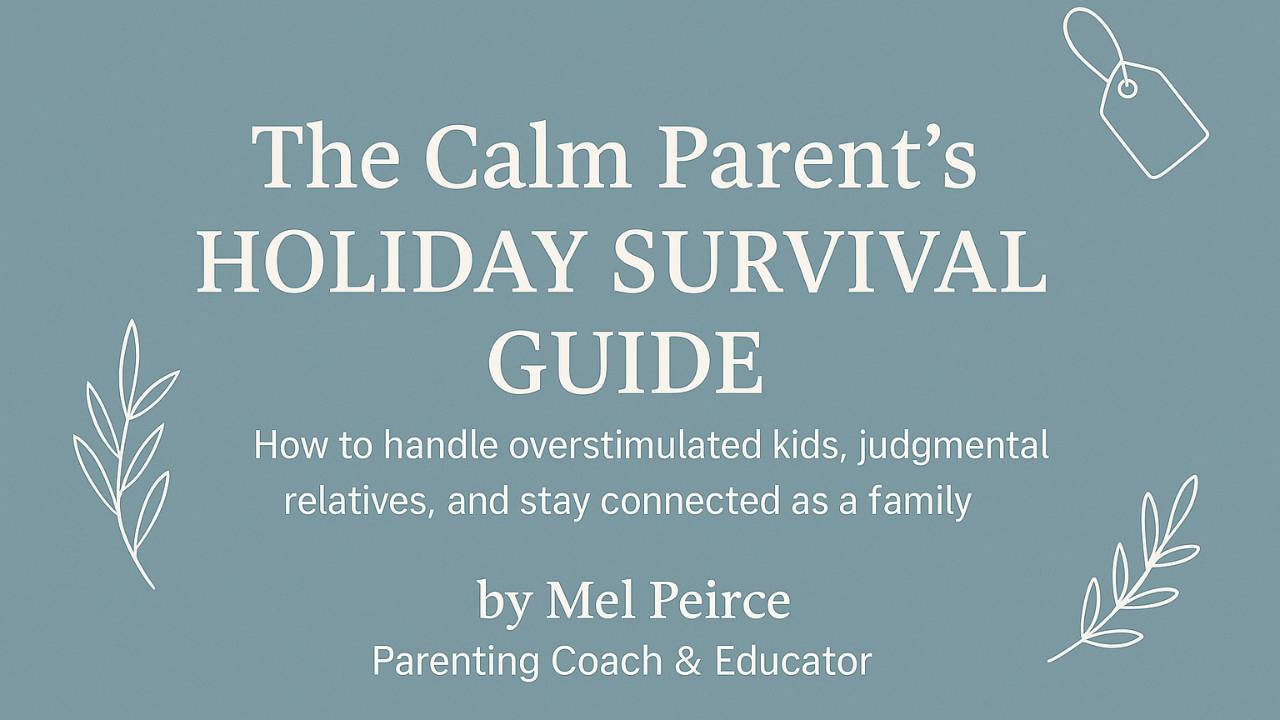Three tips for kids who have a hard time falling asleep
Jul 23, 2024
Do you have a child that has a hard time falling asleep at night? This is quite common, and I’m working with several clients right now who are struggling to get their young children to settle down at a decent hour. I have one Mom of a 4-year-old who really pushes the limits and battles both going to bed as well as waking up super early.
Typically when parents tell me their kids have a hard time falling asleep at night, the first question I ask is what time are they going to bed. Every child has a “sleep window”, and if you miss the sleep window their body releases a stress hormone called cortisol.
Cortisol will cause your child to get a second wind which gives them the energy to battle you at bedtime. In addition to fighting going to sleep, cortisol can cause kids to wake throughout the night and ridiculously early in the morning.
In general, children between the ages of 2 and 6 should be in bed by 6:30 - 7:45 pm as they require 10 to 13 hours of sleep. Children between the ages of 6 and 10 should be in bed between 7 - 9:30 pm depending on when they have to wake up as they need 9 to 12 hours of sleep.
The first thing I recommend when kids have a hard time falling asleep is to move up their bedtime.
The next question I asked the Mom of the 4-year-old was if her child was on any screens in the evening. She told me that her child liked to wind down in the evening with a tablet before bed.
I understand that screens at night give parents a bit of a break at the end of the day, but unfortunately, they also make it harder for kids to fall asleep!
When kids struggle with sleep, I recommend no screens for at least one if not two hours before bedtime based on multiple studies and well-documented research. The reason experts recommend no screens before bed for kids is because televisions, smartphones, tablets, computers, and certain e-readers all produce artificial blue light. Blue light suppresses melatonin, a hormone that promotes feelings of sleepiness.
Research has shown that evening light exposure suppressed melatonin twice as much in kids compared to adults, particularly for children who have not gone through puberty.
The other issue with tablets and screens before bedtime is that wireless devices produce EMFs, which also impedes the body's production of melatonin because the brain interprets the electrical nature of EMFs as a source of light.
For children who really struggle to fall asleep and stay asleep, I recommend that parents make sure there is no WIFI running in their children’s rooms. This is especially important for neurodivergent children who tend to have more sensitive nervous systems.
As for the Mom of the 4-year-old — she knew that taking away the screen at night was going to be difficult for her child, but she persevered and reported that it definitely made a difference. There was one evening over a holiday weekend when she did allow screen time before bed, and she couldn’t believe how much longer it took for her child to settle down and fall asleep afterward.
If kids aren’t getting enough sleep, they are going to have a much harder time with impulse control and emotional regulation and you are likely to experience more behavior challenges. So if your child has problems falling asleep, consider moving up their bedtime, eliminate screens at night, and make sure that there is no WIFI running in their room.
We are talking about screens this month inside the Confident Parenting Club! I’m sharing some of the latest research along with a process to help you establish guidelines based on what works best for your family. Join us by clicking here.
Join the Confident Parenting Community.
Receive the latest tips and tools from the Confident Parenting Toolbox to support your kids
(and yourself!) with today's challenges so your whole family can thrive.
We hate SPAM. We will never sell your information, for any reason.


